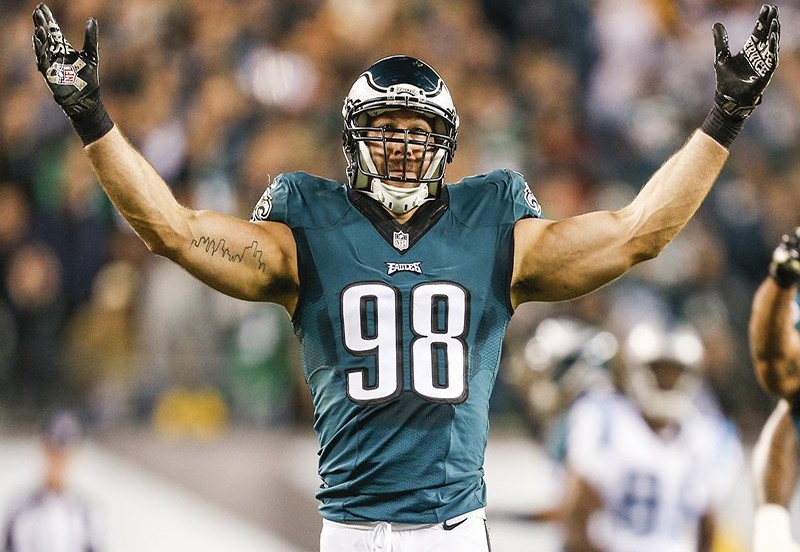This week, our win over New England on Sunday prompts an off-field comparison with that region’s most important city, Boston. It’s a comparison that has been made before, most notably by the legendary University of Pennsylvania sociologist E. Digby Baltzell in his groundbreaking book, Puritan Boston and Quaker Philadelphia: Two Protestant Ethics and the Spirit of Class Authority and Leadership.
“Baltzell argued that the Calvinists who founded Boston had a strong belief in hierarchy that resulted in a strong civic culture where the elites understood they had an important civic role to play,” says Professor Richardson Dilworth of Drexel’s Center for Public Policy. “They were leaders in the community, not just of their respective industries. Philadelphia’s Quaker roots, on the other hand, gave rise to a radical egalitarianism where no one wanted to be an elite and, to the extent that they were, they didn’t see it as encompassing as much of a civic obligation.”
In part, Dilworth observes, that’s why so many of our leaders have come from outside Philadelphia. “Ben Franklin came here from Boston,” he points out. “Ed Rendell came from New York. My grandfather [legendary reformer mayor Richardson Dilworth] came from Pittsburgh.”
Unlike Philadelphia and many Northeastern cities, Boston has had an amazing ability to change with the times, as documented in “Reinventing Boston: 1640-2003,” by Harvard economist Ed Glaeser. “Boston was the mercantile trading hub for the colonies at our founding,” Dilworth says, “and then it became an industrial hub. Now, in the 21st Century, it has reinvented itself once again as a high-tech, information age city, thanks to its vast educational resources.”
But Dilworth points out that there’s one area where Boston hasn’t historically measured up: Race relations. “Ever since the city refused to accept the integration of schools after Brown v. Board of Ed, Boston has shown a history of racial intolerance far greater than in Philadelphia and unique among Northeastern cities,” he says.
Next week we take on Buffalo.


